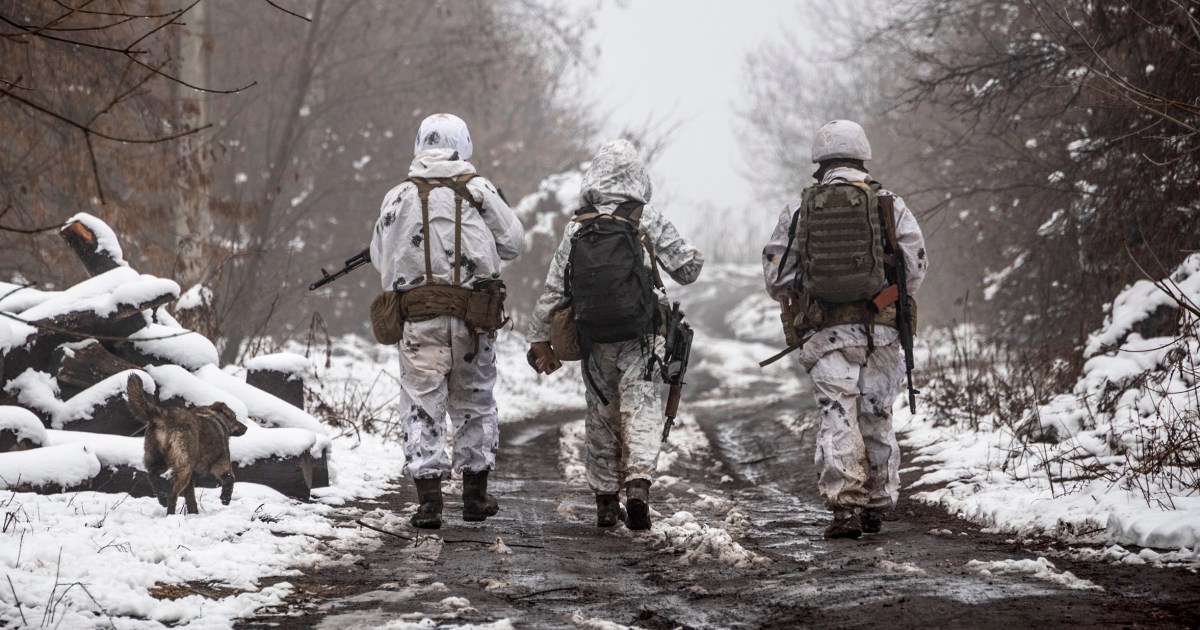
The U.S. has declined to say exactly what it would do to Russia beyond financial punishments that go beyond anything levied before and providing extra defense assistance to Ukraine.
Current and former administration officials have previously said the measures could including cutting off Russia from the the SWIFT international payment system — an unprecedented action that would effectively isolate it from the world’s banks.
While Putin has denied planning an invasion, he said the “ball is in their court” for the West to respond to a list of demands the Kremlin issued last month that would significantly redraw Europe’s security landscape.
NATO dismissed the ultimatum, which included removing troops from Eastern European countries that joined the alliance in 1997, and blocking Ukraine from ever joining.
Putin has repeatedly suggested that Ukraine isn’t a fully independent country, forever bound by culture, history and shared myth to its former Soviet allies in Moscow. Rather than him being the aggressor, he has accused NATO of inching further toward Russia’s borders.
Washington has been eager to show unity with European allies and partners, with all parties issuing lockstep statements warning an invasion would be met with harsh financial punishments.
But there have been hints of division.
This week, Josep Borrell, the European Union’s foreign policy chief, appeared to voice displeasure at the E.U.’s absence from the talks, saying it “cannot be a neutral spectator in the negotiations.”
The reality is that the E.U. — a diverse group of 27 countries — is not united when it comes to Russia.
Some, such as the former Soviet Baltic states that neighbor Russia, want a hard-line approach, including bolstering NATO’s troop presence. Others, namely the continent’s big beasts France and Germany, have traditionally pushed for compromise.
French President Emmanuel Macron has called for a “reset” in Russia relations. And then-German leader Angela Merkel resisted calls to scrap the Nord Stream 2 gas pipeline. Both countries have deep trading ties with Russia and would suffer reflected pain from any sanctions. Like most of Europe, they also rely on Russia for much of their natural gas.
Download the NBC News app for breaking news and politics
The fear for some on the continent, articulated by Borrell, is that the talks boil down to two Cold War superpowers trying to redraw the continent’s security map.
“We are no longer in Yalta times,” he said while visiting Ukraine on Wednesday, referring to the 1945 conference when President Franklin D. Roosevelt, British Prime Minister Winston Churchill and Soviet Premier Joseph Stalin took steps that contributed to Europe’s division into two hostile blocs until communism in Eastern Europe collapsed in 1989.
Borrell said that the days of “spheres of influence for two big powers” should be over, and “in this dialogue there are not two actors alone, not just the U.S. and Russia.”
At the talks next week, “the Kremlin will be doing everything it can to put pressure on all these potential fissures,” Hodges said.

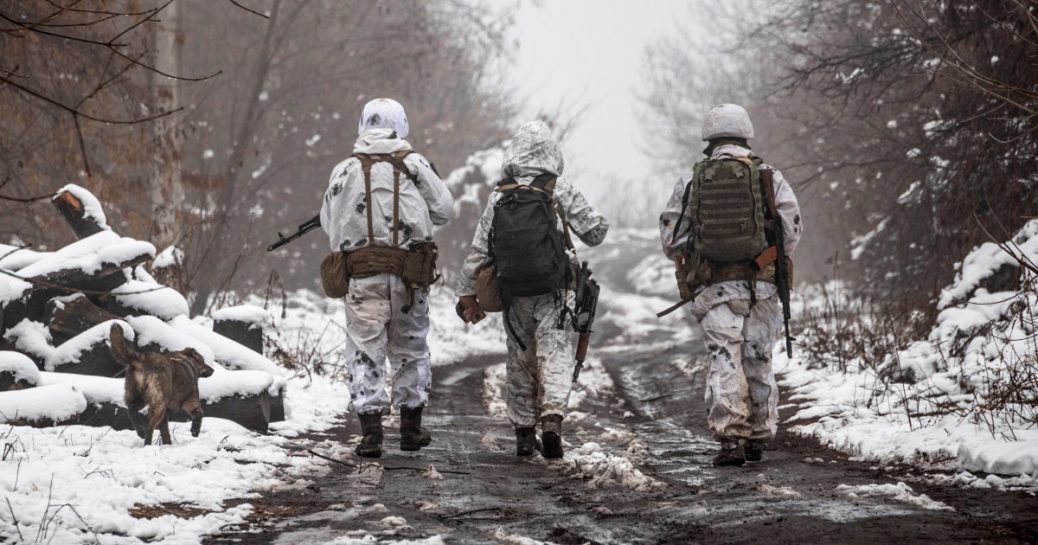
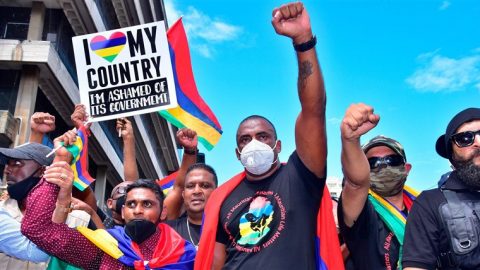
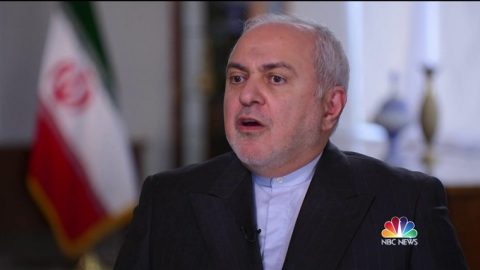

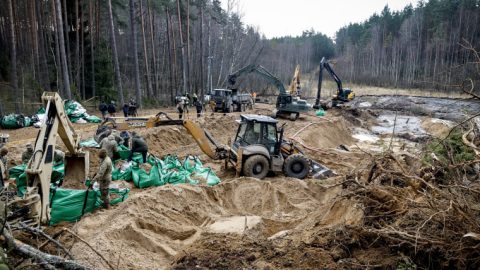
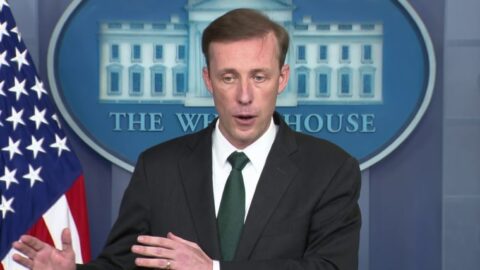
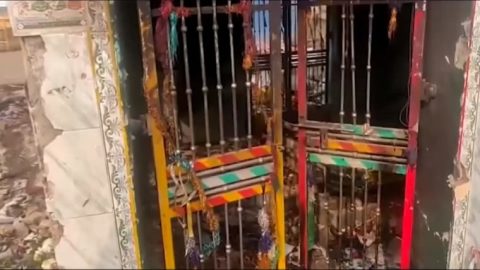
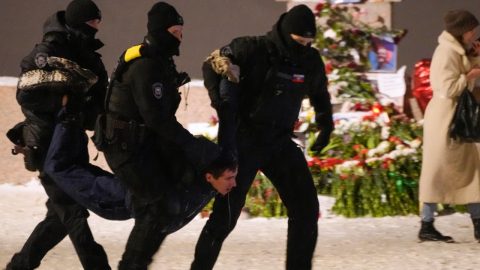
Recent Comments